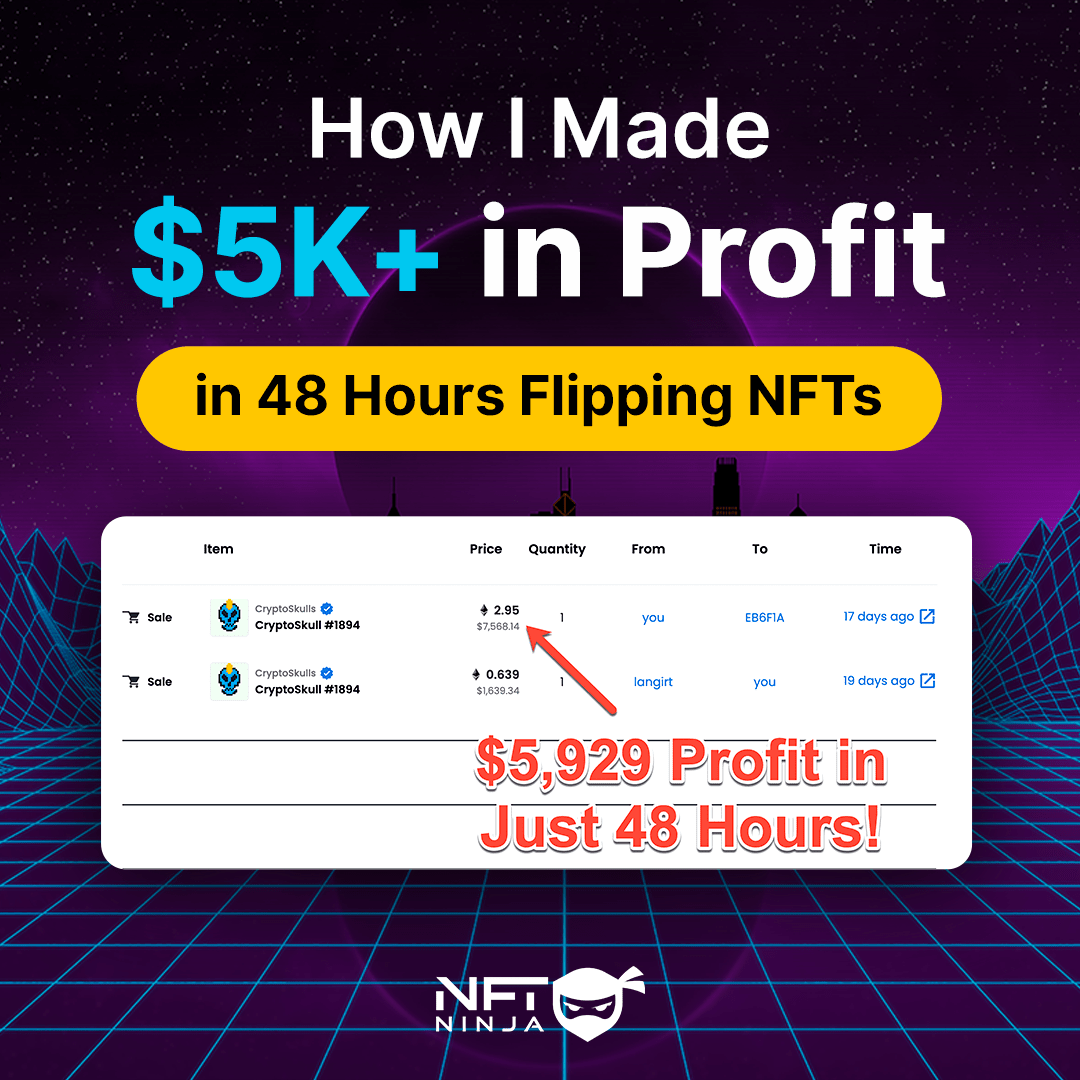Hong Kong has made efforts over the past several months to revitalize its crypto currency sector and has been aiming to position itself as a critical crypto center in Asia. As a result of this turn of events, the most senior financial regulator in Hong Kong announced (1) earlier today that the city is getting ready to implement obligatory licensing for stablecoin issuers.
Licensing is a Must for StableCoins
All of these regulated crypto businesses already operating in Hong Kong will, as a result, be required to get a license to run stablecoin services. The Hong Kong Monetary Authority highlighted its regulation proposals after receiving comments and input on a discussion paper issued the previous year.
After receiving more than 58 replies, the regulatory body said it would establish a system regulating stablecoins.
Said stablecoins are digital assets tied to fiat currencies. Crypto currency dealers now easily exchange many distinct digital assets across various blockchain platforms thanks to stablecoins.
As a result of the consultation process that they went through, the regulatory arrangements will be put into force before the end of the year. This could take the shape of new legislation or revisions to the laws already on the books. According to what is said in the document, the focus of the regulation efforts will be on stablecoins that “purport to relate to one or more fiat currencies.”
Algorithmic Stablecoins Will Find It Tough to Get Through
The Hong Kong Monetary Authority is developing a complete regulatory regime for stablecoins based on concepts such as full backing and redemption at par. Initially, it intends to oversee the administration, licensing, and stability of stablecoins backed by fiat currency.
To do this, issuers must have sufficient reserves to match the quantity of crypto currency currently in circulation. Since 2021, stablecoin holdings have been the subject of intensive examination by regulatory authorities.
The leading stablecoin, Tether, also disclosed that a significant portion of its reserves comprises short-term unsecured debt. Because of this, the rules regulating the stablecoin market are concerned about its ability to continue operating normally. According to the report from HKNA,
“At any given time, the value of the currency reserves of stablecoin arrangements ought to be equivalent to the value of the stablecoins in circulation. The assets that make up the reserve must have a high quality and liquidity level. Stablecoins that rely their deal on arbitrage or an algorithm are not going to be approved.
In addition, the Hong Kong regulator adds that there would only be room for algorithmic stablecoins such as TerraUSD if the ban were to go into effect.
According to the paper’s findings, “Stablecoins that derive their value solely on arbitrage or algorithm will not be approved.”
Eddie Yue, Chief Executive of the HKMA, issued the following statement to the press:
“When the HKMA is drafting the exact regulatory arrangements, they will consider the feedback received, the most recent market development, and worldwide discussion. In addition to this, we will interact with various market actors and stakeholders. We anticipate that the regulatory arrangements will be implemented in 2023 or 2024.”


















